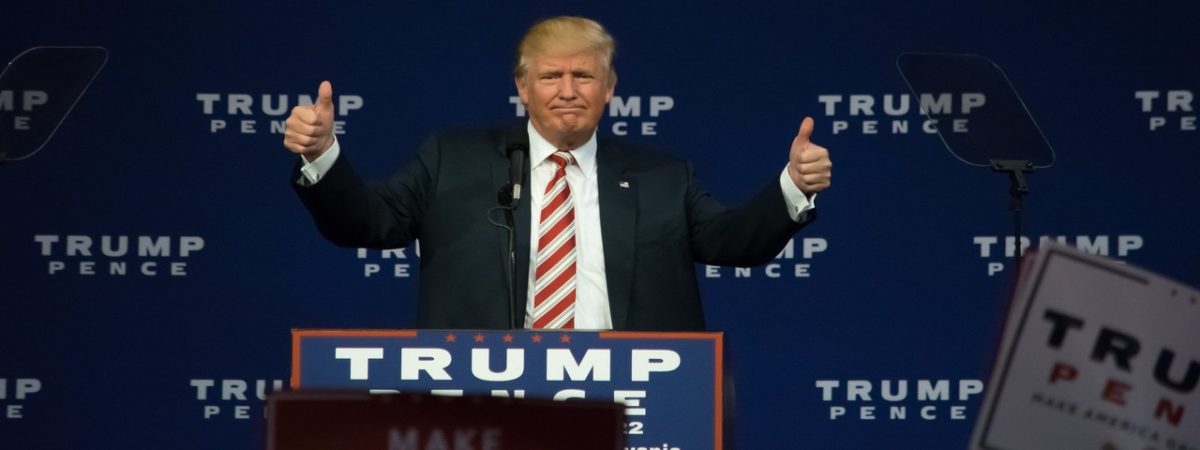Most arguments against a UK-US free trade deal are based on snobbery and anti-Americanism
SUGGESTED



And now, anti-American sentiment, long a hallmark of the chattering classes, has found its way into the public health debate. The latest concern is that a transatlantic trade deal could stoke obesity rates through the import of American foods high in fat and sugar. Recent interventions from The Royal College of Paediatricians and food charity Sustain have highlighted the risk that, in striking such a deal, we could be importing “American levels of diet-related diseases alongside their produce”.
Of course nanny statists, with their deterministic worldview, are liable to forget that no one is forcing UK consumers to buy these products. And we Brits have proven more than capable of fattening ourselves up without US assistance.
Their concerns are rooted in an unholy alliance of tired old “fat American” clichés and a paranoia about the US as an invading oppressor, enacting its own form of culinary imperialism. Much of it, though, is symptomatic of a wider antipathy towards free exchange and competition in general.
You can hear this howl against globalisation in one recent study from Harvard’s School of Public Health, which examined the impact of US deals on the diets of the countries it opens up trade with: “Trade liberalisation gives people access to different types of food and, often, more high-calorie foods… It also removes barriers to foreign investment in food distribution and allows multinational companies and fast-food chains to expand into new countries.”
To which many of us would say… great! Fewer barriers to foreign investment? Increased choice? Cheaper products for consumers in developing countries? What’s not to like?
But anti-globalists hate nothing more than the McDonaldisation of the world, and the sight of the ubiquitous golden arches (“My dear, there’s even one underneath the Louvre”). They view these and other side-effects of a global free market with distaste.
Like the Western tourists who praise the “unspoilt” environment of their holidays in Cuba (before heading back home to enjoy the fruits of capitalism once again), homogeneity is always something for the little people.
There is a very real danger that in ceding too much ground to these paternalists, we risk falling into the same risk-aversion that has long characterised the EU’s approach on a whole range of issues. As the IEA’s Julian Jessop has pointed out, opponents of a US-UK trade deal have tended to exaggerate the risks, particularly on food standards. Stand by for the hormone-fed beef, they say, the “inferior US milk” and the GM crops. One only has to consider the myth-making around chlorinated chicken – which Nick Clegg went as far as implying was “bleached”; ie, actually poisonous – to see how far this has carried the debate. Washing poultry in chlorine is currently banned across the EU, but not, as is widely believed, due to any harm from consuming the meat, but because the process is sometimes associated with bad practice elsewhere in the production chain.
In fact, the EU’s own Food Safety Agency deemed chlorine-washed chicken safe for consumption, concluding that at the levels used by US producers, you would have to eat three whole chickens each day to risk going over safe limits. It is well established that the process is effective in reducing the prevalence of salmonella and other airborne illnesses. What’s more, it’s cheaper, selling at around 80 per cent of the current value of the average chicken produced in the EU. And yet, the Government has already confirmed that it will not allow imports of chlorinated chicken from the US. Given the opportunity to support policies that could, if implemented, reduce the cost of living, our response seems to be a knee-jerk “no”, rather than a dispassionate view of the evidence. Even more worrying, perhaps, is the EU’s de facto moratorium on the cultivation of GM crops, at a time when world population growth trends all but necessitate their use in the future.
One of the biggest prizes of Brexit is the potential to escape the EU’s over-cautious approach in areas like food legislation, chemicals and pharmaceuticals. This is not to argue for a “Mad Max dystopia” but simply a reminder that rules should be evidence-based and proportionate, and the EU doesn’t always strike the right balance. Moreover, there are arguably areas where the choice should simply be left to the consumer, rather than to bureaucrats wedded to the precautionary principle — a tool they often wield not to keep us safe, but to protect special interest groups.
Ironically, the people who are often against relaxing current standards would describe themselves as keen advocates of free trade. Free trade, so long as it remains confined to the Single Market, that is. Once discussions move beyond Europe, however, they revert to being “Little Europeans” of the highest order.
This article was first published in CapX.
1 thought on “Most arguments against a UK-US free trade deal are based on snobbery and anti-Americanism”
Comments are closed.




We might import chicken, but we wouldn’t import ready-made American food. It would be too expensive or impractical. If what the Public Health Industry says is true, we already have all the ingredients of a bad diet and they are all assembled with no more tariffs than any other UK or EU products. McD, KFC, Krispy Kreme, etc. Some raw ingredients such as wheat or sugar may become cheaper, but they make up very little of the retail price of “unhealthy”food products.